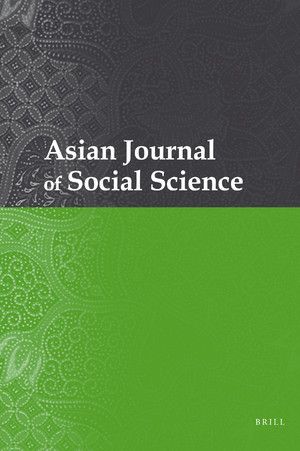Journals

Asian Journal of Social Sciences – Special Focus: Muslim Religious Authority in Modern Asia (Vol. 42 Issue 5)
| Author | : | KINGSLEY Jeremy J & FEENER Michael R. |
| Publication Date | : | Jan / 2014 |
| Publisher | : | Brill University |
The social, economic, and political transformations of the past two centuries have been rapid and dramatic, resulting in complex reconfigurations of religious authority in many Muslim societies. These changes have involved not only the emergence of distinctly new profiles of leadership, but also the persistence and adaptation of the models established by the ulama of the classical period. The challenges of modernizing reform at the turn of the twentieth century struck at the very heart of traditions that had bolstered established religious authority for a thousand years. In the modern period, ulama find themselves in increasingly crowded and highly contested public spheres in which they can no longer hold any kind of monopoly. Contemporary debates in Muslim public spheres are characterized by the emergence of complex new discursive formulations on issues of religious belief and practice, individual rights and responsibilities, and proper standards of public morality. This essay provides an historical introduction to the emergence of diverse models of Muslim religious authority in modern Asia.
From ARI organised workshop “Muslim Religious Authority in Contemporary Asia,” 24-25 November 2011.

